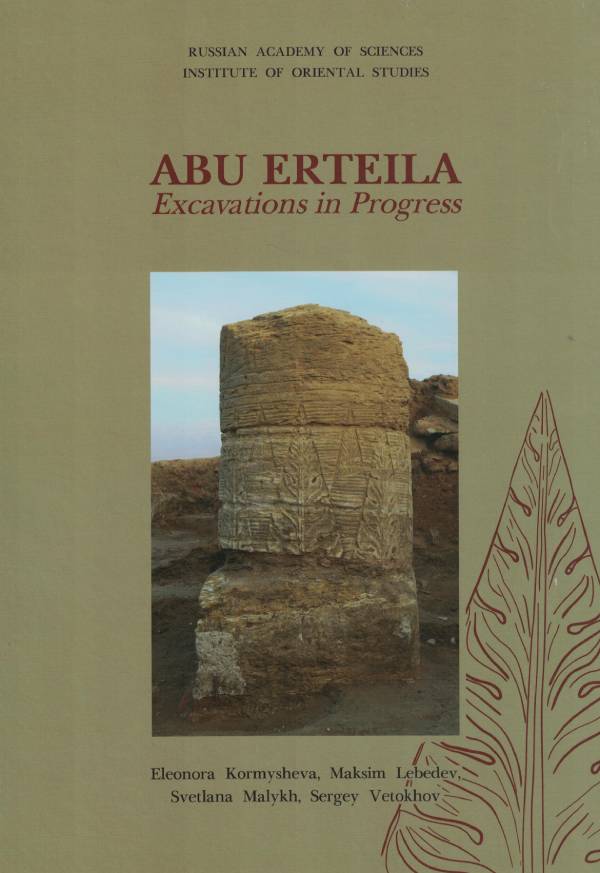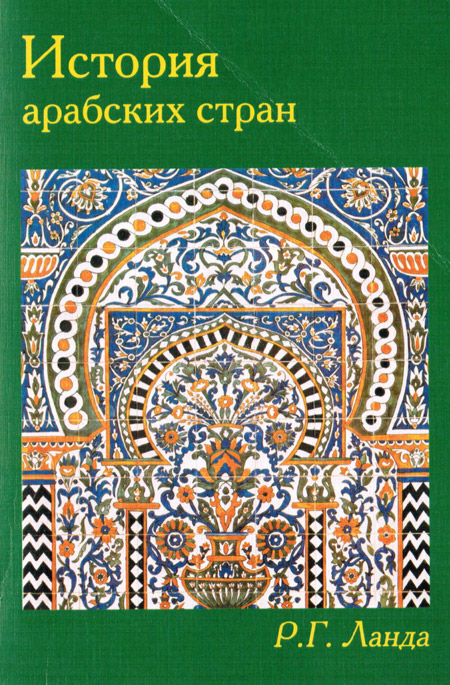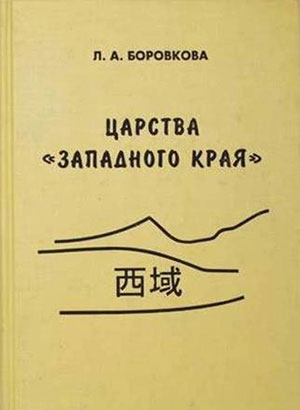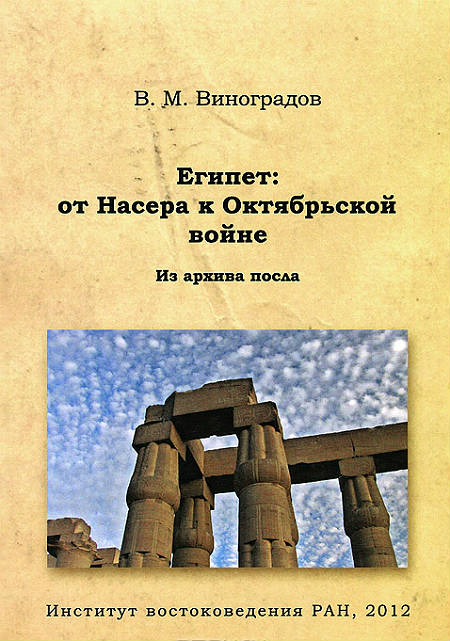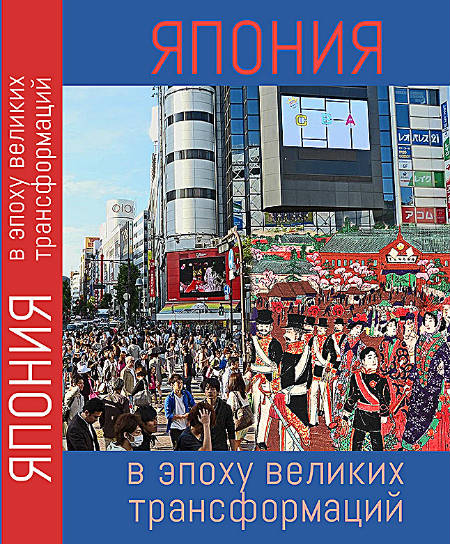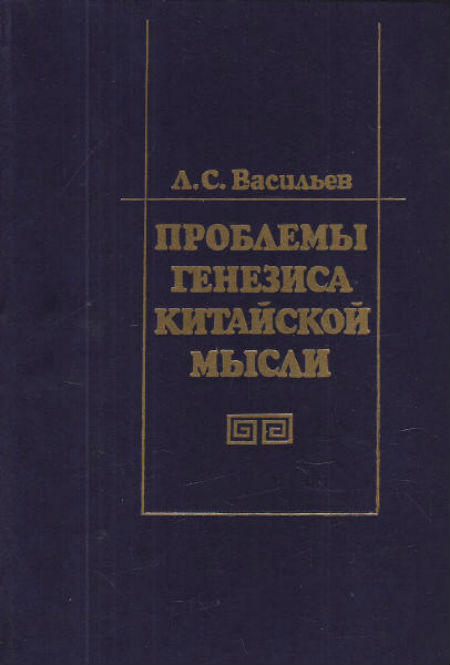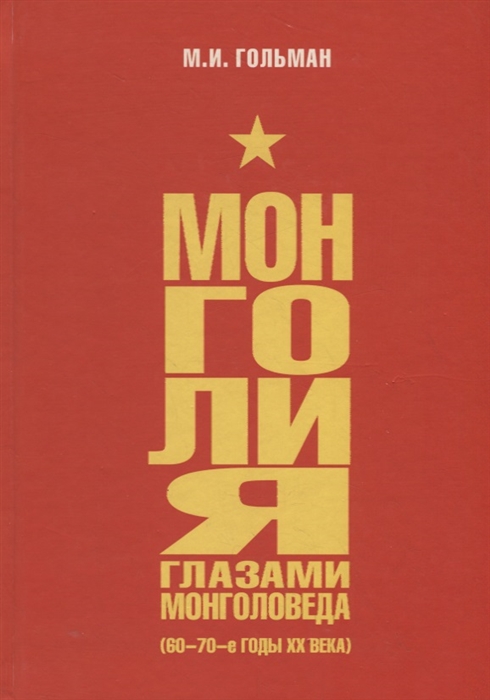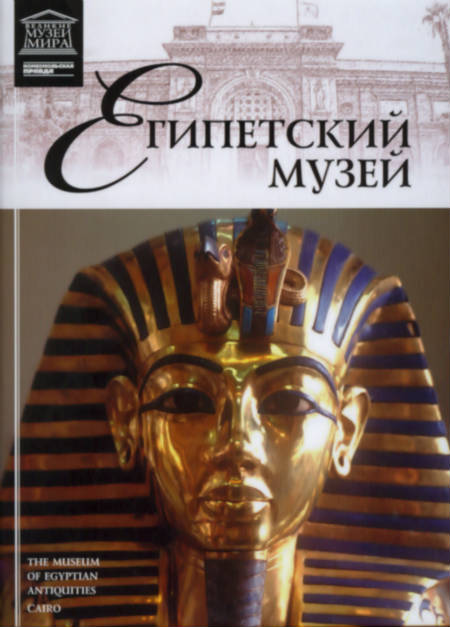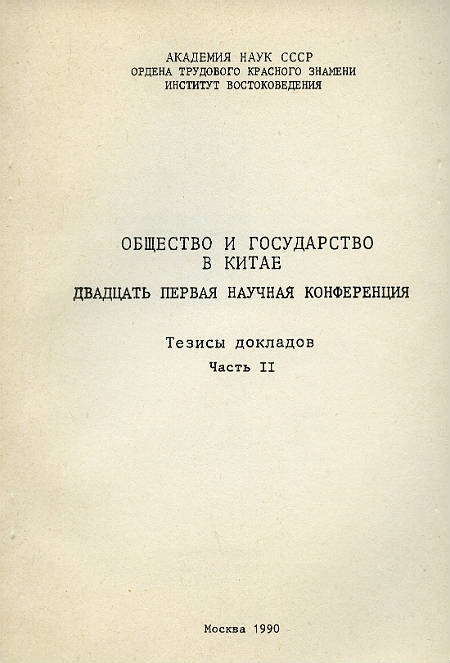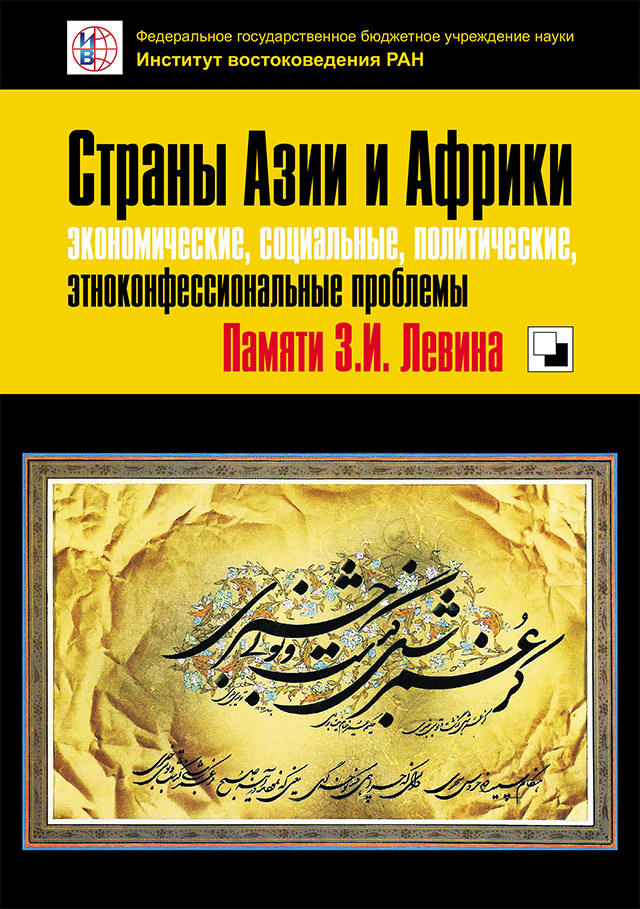Book
Страны Азии и Африки экономические, социальные, политические, этноконфессиональные проблемы. Памяти З.И. Левина
Еditor: Bibikova Olga, Tsvetkova Nina
Editor-compilator: Bibikova Olga, Tsvetkova Nina
Institute of Oriental Studies of the Russian Academy of Sciences
Москва, 2019, 176 p.
Robert G. Landa opens the collection of articles with his reminiscences on
Zalman Isaakovich Levin (1923– 2019) accompanied by the analysis of works
by Z.I. Levin.
Alexey Kiva, in his article called ―Globalization in the post-war world order‖, divides globalization into three stages, points out to both its positive and
negative sides. At the same time, he gives different opinions about globalization, pays special attention to the statements of a major Western scientist, John
Roderick, that the skillful policy of reforms in China allowed it to turn the
globalization to its benefit.
Keywords: globalization, China, USA, world order.
Nina Tsvetkova, in the article ―Specific features of TNCs from Asian countries: case study of Tata Consultancy Services‖, states that TNCs from Asian
countries play an increasingly important role in globalization. They are actively implementing technologies of the Third and the Fourth Industrial Revolutions and developing innovations. At the same time, traditions play a significant role in their history, and one can see how economic and ethnoconfessional factors are interwoven. The article reviews the innovation activities of an Indian company, Tata Consultancy Services, and the history of Tata
Group of companies.
Keywords: TNCs from Asian countries, Tata Consultancy Services, IT services, Tata Group, Ratan Tata, innovations.
Tatiana Deych, in the article ―China‘s Assistance to African Countries Industrialization‖, states that the problem of Africa‘ industrialization, marked as
a priority in African Union ―Agenda 2063‖, occupies an important place in
China — Africa cooperation program last years. Beijing creates Special Economic Zones (SEZ) and industrial parks in African countries. The prospects
for economic diversification and industrial growth in African countries have
been greatly influenced by the influx of investment through the Chinese Belt
and Road initiative (OBOR).
Keywords: industrialization, SEZ, industrial parks, infrastructure, investments.
Tatyana S. Denisova analyzes in her article the development of the ―economy
of war‖ in the Central African Republic (CAR), which has been engulfed in conflict since 2012. The parties to this conflict include the central government of the
171
country, the rebel coalitions ―Seleka‖ (later ―ex-Seleka‖) and ―Antibalaka‖, community militias, criminal groups, etc. The case study of the conflict in the CAR is
used to illustrate trends in the transformation of a military-political conflict into a
―war of all against all‖ for access to rich natural resources.
Keywords: Central African Republic, ―economy of war‖, armed groups,
conflicts, natural resources, security.
Tatiana A. Tutnova in her article analyzes China — EU trade and economic
relations. As a net exporter of capital, China, after the 2008 financial crisis,
achieved a rapid growth in investment in the EU, which over 10 years increased more than twentyfold. China can meet EU needs for investment in infrastructure, while the country is interested in European investments and
know-how in knowledge-intensive areas. Trade and investment remain the
main focus of cooperation, while the parties are exploring new areas of economic interaction.
Keywords: China, energy, EU, investments, Silk Road, trade.
Nelli K. Semenova discusses the security issues of the Central Asian states
in connection with their participation in the Chinese Silk Road Economic Belt
initiative. The volume of Chinese investments and loans to Central Asia, their
actual use and impact on the regional economy, as well as socio-political regional factors of negative influence on the SREB project implementation are
analyzed.
Keywords: Central Asia, China, SREB, security.
Ludmila B. Aristova in her article reviews the features and prospects of interaction between the Chinese project of the Silk Road Economic Belt and
transport projects of Russia and the countries of Central Asia. The possibilities
and difficulties on the way of conjugation of the Eurasian Economic Union
and the Economic Belt of the Silk Road are analyzed.
Keywords: Russia, China, Central Asia, EAEU, SREB, conjugation.
Aleksandr A. Pakhomov, in the article ―Opportunities and limitations of
Russia's investment cooperation with Asian countries‖, deals with the preliminary results of the «turn to the East» proclaimed by the Russian leadership in
mid-2014. The possibilities and limitations of the development of investment
cooperation between Russia and a number of major Asian countries, primarily
as sources of foreign direct investment, are analyzed.
Keywords: investment cooperation, FDI, Russian Federation, Asian countries, capital outflow.
Vladimir Akhmedov in his article presents an analysis of the conception of
the Islamist movements in Syria and their role in the Syrian crisis. On the the-
172
oretical and methodological level the author shows the social and political
reasons of the rise and development of the Islamism in the Syrian military
conflict. The author considers ideology and political views shared by some Islamite units. Не also analyzes the possibilities and perspectives of its evolution in postwar period.
Keywords: Syria, Islam, Islamism, jihadist, Alavits, Sunnis, Asad.
Ekaterina Borisova, in her article ―US-Israeli cooperation in the Middle
East under Donald Trump‖, proposes an explanation of Trump‘s policy in the
Middle East. The Middle East theme today revolves mainly around the confrontation between Israel — Iran — Saudi Arabia. And the two sides of this
triangle are allies against the third — Iran. Another participant is actually added to these players. The USA are taking a frank pro-Israeli and anti-Iranian
position today. Moreover, the United States of America are currently the most
active actor on the Middle East map.
Keywords: Trump, Kushner, Bolton, Netanyahu, evangelists.
Ural Z. Sharipov, in his article ―The new United States administration actions in Middle Eastern policy at 2018-2019 years (Syrian territory)‖, discusses the aggressive actions of the United States in Syria as a part of Washington's foreign policy.
Keywords: Syria, USA, policy, terrorist groups.
Olga P. Bibikova considers the problem of Palestinian refugees living in
camps on the territories of Arab States. Since the proclamation of the State of
Israel, their number has increased almost 7 times, but neither the UN nor the
Palestinians themselves have been able to create a national State.
Keywords: refugees, migration situation, interfaith relations, Sunnis, Shiites, Christians.
Amur Gadzhiev‘s article ―Turkey — EU relations between the parliamentary-presidential (06/24/2018) and the local elections (03/31/2019)‖ discusses
the problem of Turkey‘s adhesion into the European Union. Local elections
were held in Turkey on March 31, 2019. The results of these elections actually
gave a ―people‘s assessment‖ of the fundamental internal political changes
implemented as part of the country‘s transition from a parliamentary to a presidential republic. Comparison of the results of the voting held on June 24,
2018 and March 31, 2019, shows a downward trend in the popularity of the
ruling party. The situation in the country in the context of domestic political
transformation in the form of a certain factor, in one degree or another, was also reflected in Turkey‘s foreign policy, including the European direction. The
Turkish authorities were particularly annoyed by the EU documents prepared
after examining the situation in the country on the eve and during the elec-
173
tions, as well as the statements by the leaders of the EU member states and institutions that criticized the voting procedures and conditions. In the period
under review, Turkey, while maintaining its status as a candidate country for
EU membership, continued to distance itself from it. Nevertheless, the European Union continued to provide financial support and technical assistance to
Turkey to jointly solve problems in the sphere of migration.
Keywords: Turkey, EU, elections, electoral process, internal political transformation.
Raisa M. Sharipova, in the article ―British Muslims and participatory democracy‖, discusses the role of institutional and national identification in the
protection of the rights of Muslims in the UK.
Keywords: representative democracy, institutional and national identification, Muslims, politics, common good.
Nurlan Gasymov, in the article ―The role of Islam in the formation of State
institutes of the Persian Gulf‖, considers some features of the state and public
institutions in the monarchies of the Persian Gulf, in particular the influence
of Islam and Sharia law on constitutional development. The article also contains an attempt to assess the prospects of democratization in the region.
Keywords: Islam, Sharia, monarchy, Arab monarchies, the Persian Gulf,
constitutional development, modernization, Consultative Assembly, Gulf Cooperation Council.
Vladimir P. Kirichenko, in the article ―The Ibadite community of Oman‖,
studies the history and current status of the Ibadite community in Oman. The
Ibadite movement arose in the Middle Ages and it is the only branch of Kharijism that has survived to this day. The history of the emergence of Ibadism
and the influence of Ibadites on the political situation in Oman are examined
in the article. The article notes that the religious tolerance of the Ibadite elite
of Oman helped to develop religious freedom in the country.
Keywords: Kharijites, Ibadites, Oman, Iran, Saudi Arabia.
Marina S. Kameneva reviews the situation of ethno-confessional minorities
of Islamic Republic of Iran and the position of the official regime. The article
is devoted to the analysis of the book «Iran. The Cradle of Peaceful Religious
Coexistence. Christians. Jews. Zoroastrians» prepared by the Center for Interreligious Dialogue and Civilization and the Organization of Culture and Islamic Relations and published in 2016. The book is considered as an answer
of Iran‘s official regime to the query of Iranian society about the legal status
of ethno-religious minorities.
Keywords: Islamic Republic of Iran, ethno-confessional minority, official
policy, Islam, peaceful coexistence, discrimination.


